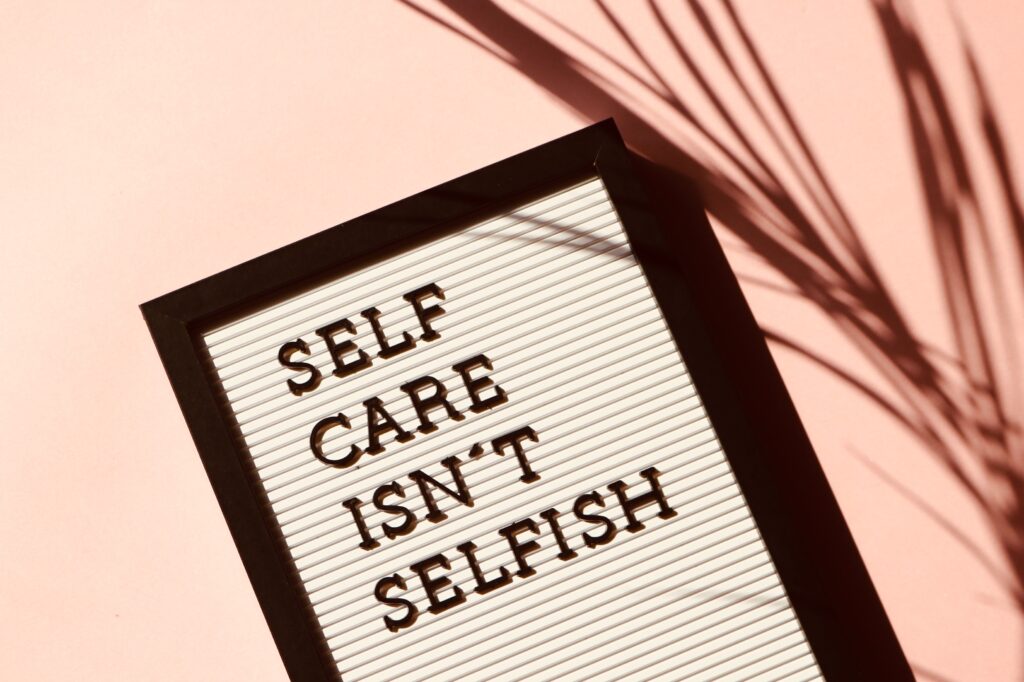Self-care is a buzzword that has gained popularity in recent years. It is the practice of taking care of one’s mental, emotional, and physical well-being. With the fast-paced and stressful nature of modern life, it is easy to neglect one’s self-care needs. However, self-care is essential for maintaining a healthy and happy life. In this article, we will discuss the importance of self-care and provide practical tips for prioritizing it.
Why is Self-Care Important?
1. Reduces Stress and Anxiety:
Self-care practices such as meditation, exercise, and journaling can reduce stress and anxiety levels. Taking time for yourself can help you relax and unwind, leading to improved mental health.
2. Improves Physical Health:
Self-care practices such as eating a balanced diet, exercising regularly, and getting enough sleep can improve physical health. By prioritizing self-care, you can prevent health issues such as obesity, diabetes, and heart disease.
3. Boosts Mental Health:
Self-care practices such as therapy, mindfulness, and positive affirmations can improve mental health. By taking care of your emotional needs, you can improve your overall well-being.
4. Increases Productivity:
Taking breaks and practicing self-care can actually increase productivity. By taking time for yourself, you can recharge and approach tasks with renewed energy and focus.
5. Enhances Relationships:
By prioritizing self-care, you can improve your relationships with others. When you feel your best, you are more likely to be present and engaged in your interactions with others.

How to Prioritize Self-Care:
1. Make a Self-Care Plan:
Create a plan that includes self-care activities that you enjoy and are feasible for your schedule. This can include exercise, meditation, reading, or spending time with loved ones.
2. Set Boundaries:
Set boundaries with work and social commitments to make time for self-care activities. It is essential to prioritize your needs and communicate them to others.
3. Practice Mindfulness:
Practice mindfulness throughout the day by taking deep breaths and being present in the moment. This can help reduce stress and improve mental health.
4. Get Enough Sleep:
Prioritize getting enough sleep to improve physical and mental health. This can include creating a consistent sleep routine and avoiding screens before bed.
5. Seek Support:
Reach out to loved ones or a mental health professional for support when needed. Self-care also includes knowing when to ask for help.

In conclusion, self-care is an essential aspect of maintaining good mental and physical health. By prioritizing self-care practices, you can reduce stress, improve relationships, and boost overall well-being. Remember to make time for yourself and prioritize your needs to live a healthy and fulfilling life.


































